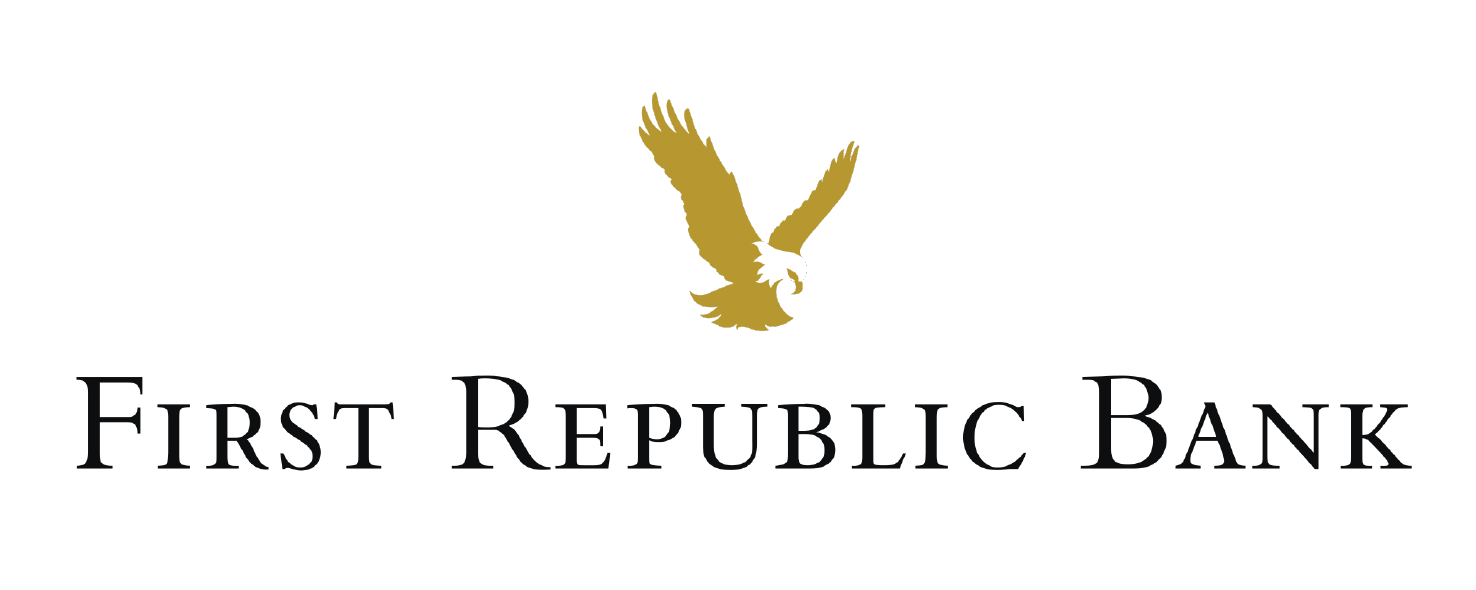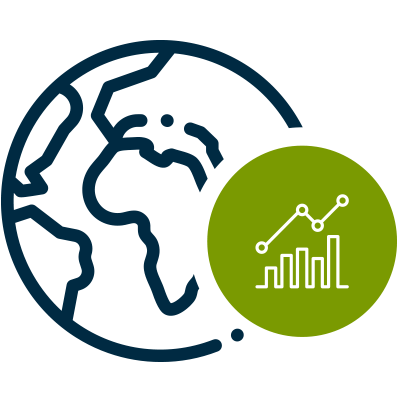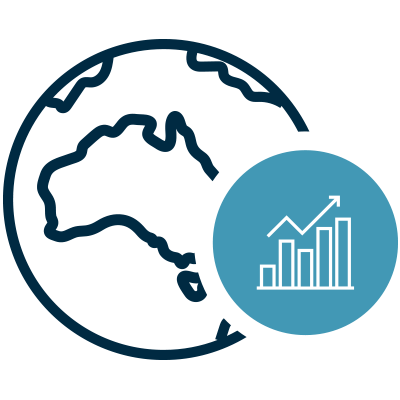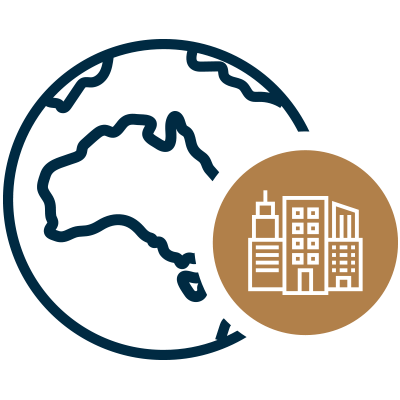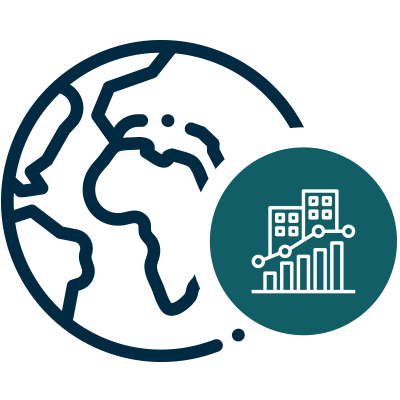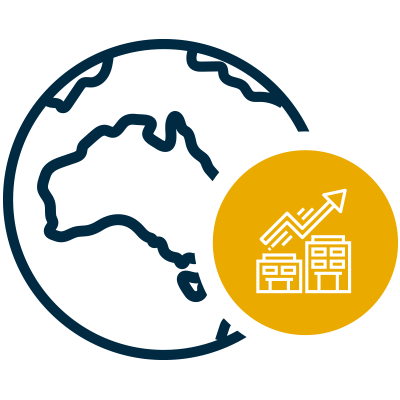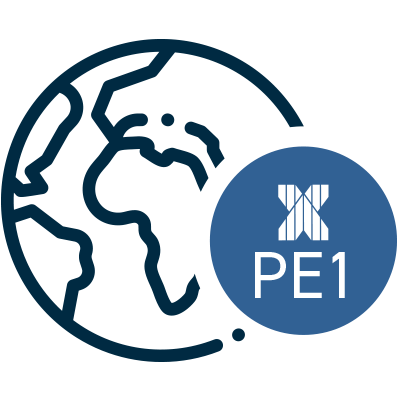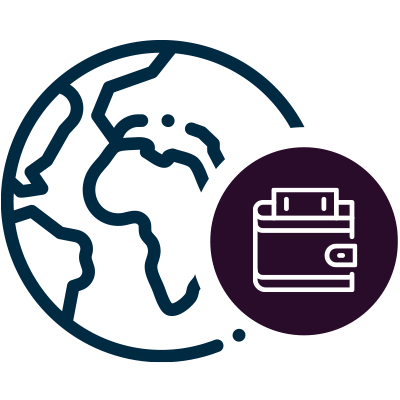SHARE PRICE
NTA POST-TAX
NTA PRE-TAX
INVESTMENT PERFORMANCE1
DIVIDEND YIELD2
CONSECUTIVE DIVIDENDS PAID
1. Investment performance since new mandate adopted 1 July 2017.
2. Dividend yield is based on current displayed share price and dividends declared over the previous 12 months
3. Grossed up yield is based on current displayed share price, dividends declared over the previous 12 months and the tax rate and franking percentage applicable for the most recently declared dividend
SUMMARY
In September 2021, the Portfolio retracted -4.2%, compared to a market decline of -3.0% for the same period.
The Global Equity Portfolio lagged the benchmark, the MSCI All Country World Index, primarily due to weak holdings in Information Technology (IT) and Consumer Discretionary. Strong stock selection in Health Care proved helpful during the month.
Our commentary for the month is below, and we are also pleased to include a video update on the portfolio, as well as market outlook, since Harding Loevner took over the investment management.
In IT, Dutch payment-processing business Adyen declined to absent any specific news, apparently caught in a shift from more expensive, long-duration growth companies in response to expectations of higher interest rates. Another case was US software developer Adobe, whose shares declined after recently reporting another quarter of strong earnings growth that nevertheless did not satisfy investors’ elevated expectations. In Discretionary, US sportswear manufacturer Nike cut its sales guidance due to supply-chain challenges, specifically the closure of factories in Vietnam due to COVID-19 outbreaks.
In Health Care, Chinese pharmaceutical contract development and manufacturing company Wuxi Biologics reported strong results for the first half of the year, with revenues up 127% and net profits up 163%, both year-over-year. The company is running at full capacity with a strong backlog of projects. Japan’s Sysmex, a manufacturer of blood-testing instruments has also recently reported good results, with rising revenues and margins.
By region, stock selection in the US weighed on relative returns. Key detractors included Adobe and Nike, as well as life science products and services company Illumina. The company’s shares continued to decline after it announced last month it had completed its acquisition of GRAIL (leader in the new field of liquid biopsies) without EU regulatory approval. This action may subject Illumina to future regulatory action. The portfolio’s underweight in Japan also hurt performance versus the benchmark.





